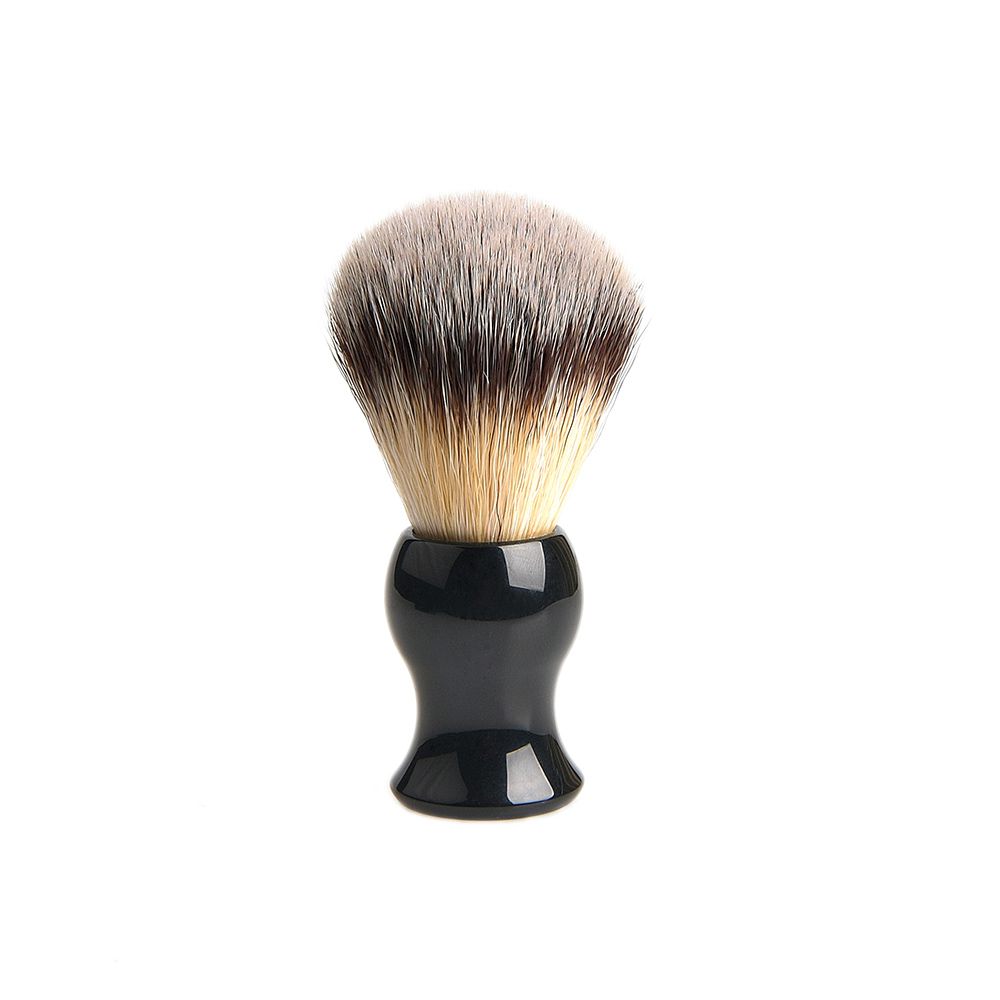Industry news
Synthetic Shaving Brush Fibers: Meeting the Needs of Allergic Consumers
- 984 Views
- 2025-09-16 02:31:18
Synthetic Shaving Brush Fibers: Meeting the Needs of Allergic Consumers
Allergic reactions to traditional shaving brushes—often crafted from natural bristles like badger or boar hair—have become a pressing issue for many consumers. Symptoms such as skin redness, itching, and even dermatitis are common complaints, stemming from proteins, oils, or residual allergens in animal-derived fibers. This has driven demand for a safer alternative: synthetic shaving brush fibers, engineered to prioritize allergy relief without compromising performance.
Natural bristles, while long celebrated for their softness and lathering ability, carry inherent risks for sensitive users. Animal hair contains keratin, a protein known to trigger immune responses in allergy-prone individuals. Additionally, their porous structure traps moisture and bacteria, exacerbating irritation with repeated use. Synthetic fibers, by contrast, eliminate these hazards. Made from hypoallergenic materials like nylon (PA6, PA66) or PBT, they contain no animal-derived components, making them inherently safe for allergic consumers. Their non-porous surface resists bacterial growth, ensuring consistent hygiene and reducing post-shave breakouts.
Advancements in fiber technology have further elevated synthetic brushes. Modern techniques like micro-tip processing sharpen fiber ends to mimic the suppleness of badger hair, minimizing friction on delicate skin. Hollow-core designs enhance water retention, enabling rich, creamy lathers—once a unique advantage of natural bristles. Brands now tailor fiber density and flexibility, creating brushes suited for ultra-sensitive to normal skin types. These innovations have closed the performance gap, with many users reporting synthetic brushes outperforming natural ones in comfort and longevity.

The shift to synthetics aligns with broader market trends: veganism, sustainability, and ethical sourcing. As 68% of consumers (per 2023 grooming surveys) prioritize cruelty-free products, synthetic brushes appeal to eco-conscious shoppers too. Unlike natural bristles, which depend on animal harvesting, synthetic fibers are produced via controlled manufacturing, reducing environmental impact and ensuring consistent quality. Recyclable materials and energy-efficient production further strengthen their green credentials.
For allergic users, the benefits are life-changing. “I avoided shaving brushes for years due to rashes—now synthetic fibers let me enjoy a smooth shave without irritation,” shares a verified buyer. Such testimonials highlight why synthetic brushes are no longer niche but a mainstream necessity.
As manufacturers, investing in synthetic fiber R&D is key. By refining softness, lathering efficiency, and durability, brands can capture the growing allergic consumer segment while leading the charge for inclusive grooming. Synthetic shaving brush fibers aren’t just an alternative—they’re redefining safe, luxurious shaving for all.











